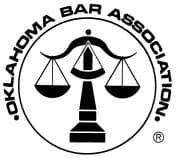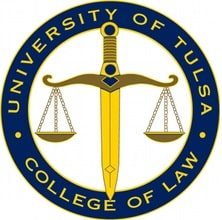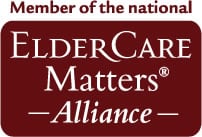
14 Mar My Loved One Left Behind Significant Debt, What Do I Do Next?
No one wants to think about the possibility that their loved one could leave behind significant debt. Unfortunately, if there is no estate plan in place, it can be difficult to know what to do when this happens.
In our area of law, we often come across situations where a loved one has passed away and left behind significant debt. In these cases, it is important to first determine who is responsible for the debt.
Depending on the situation, debts may be paid from any assets that were left in the deceased person’s name or from their estate.
In this blog post, we will take a closer look at what you should do next if your loved one leaves behind debt as well as some other important considerations.
Understand Who is Responsible for the Debt
First, if you are the administrator of the deceased person’s estate, it is important to understand that you are not personally responsible for paying off any of their debts.
You may be required to use the assets that were left in the deceased person’s name to pay off their creditors before distributing the remaining assets to their heirs. The creditors are required to file a claim against the estate and then the Administrator determines if the debt is valid or not.
Review Debt Collection Notices & Obtain Professional Advice
If you receive debt collection notices for the deceased person, it is important to review them carefully and take swift action. Depending on the type of debt, whether it is secured or unsecured, there may be different procedures you must follow.
It is also wise to consult with an experienced attorney who can advise you regarding the legal implications and what duties you may have.
You should also contact any creditors directly to explain the situation and discuss their payment options, if possible.
Consider Other Options for Paying Off Debts
If there are not enough assets in the deceased person’s estate or name to cover all of their debt, it may be necessary to consider other options for paying it off.
In some cases, debt may also be forgiven or discharged if the deceased person had filed for bankruptcy before their death. It is important to research this option carefully and contact any relevant creditors.
Finally, depending on the type of debt, it may be possible for the heirs or beneficiaries of the estate to negotiate with creditors and pay off only a portion of the debt. This is something that should be discussed with an attorney before taking any steps.
At Gary Crews Law, we have years of experience working with families when a loved one passes away and leaves behind significant debt. We understand how difficult this situation can be, and we are here to help. Please contact us today for more information or to schedule an appointment.







